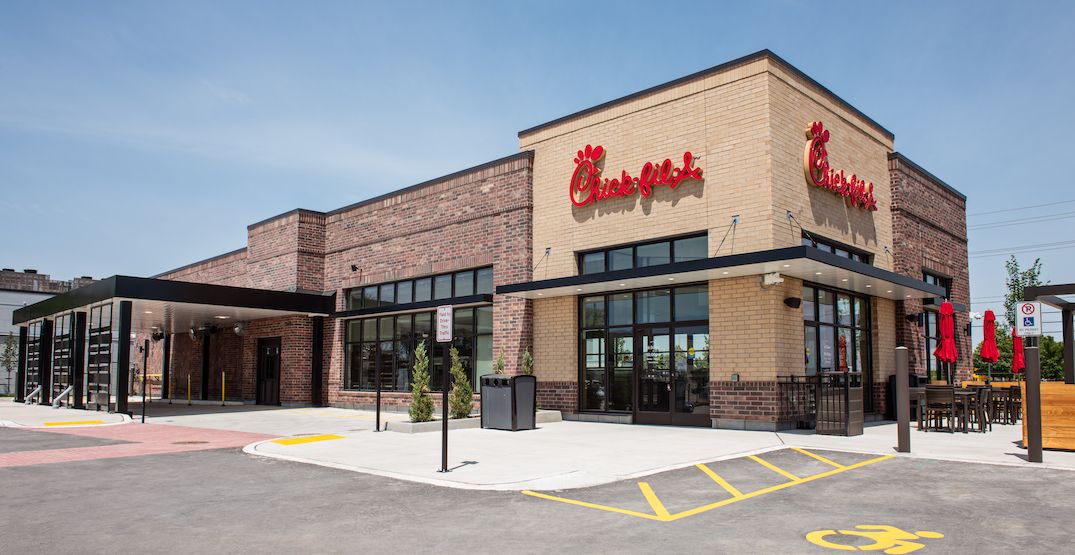How does the Chick-fil-A Franchise Model Work?

Chick-fil-A is a popular fast-food restaurant chain known for its delicious chicken sandwiches, nuggets, waffle fries, and a variety of other menu items. The company has been in business since 1946 and has since grown to become one of the most successful restaurant chains in the world, with over 2,600 locations across the United States.
Our success can be attributed to its unique franchise model. Unlike other fast-food chains that allow anyone to purchase a franchise, we have a rigorous selection process that only allows a select few to become franchise owners. In this article, we’ll take a closer look at how the Our franchise model works.
Chick-fil-A Franchisee Selection Process
Before we dive into the specifics of the franchise model, it’s important to understand the selection process for franchisees. We have known for being incredibly selective in choosing who can open a franchise, and for good reason. The company wants to ensure that each location maintains the same high level of quality and customer service that Chick-fil-A is known for.
To become a Chick-fil-A franchise owner, you must first submit an application to the company. The application process is extensive and includes several rounds of interviews with our representatives. The company looks for individuals who have a proven track record of success in business, as well as a strong commitment to their community and customer service.
If you are selected to start a franchise business, we will provide you with comprehensive training on how to run your business. The company also provides ongoing support and resources to help you succeed.
Ownership Structure
One of the unique aspects of our franchise model is its ownership structure. Unlike other franchise models where the franchisee owns the business outright, our franchisees are more like operators. The company owns the actual restaurant, while the franchisee operates the business.
This means that the franchisee is responsible for the day-to-day operations of the restaurant, such as hiring employees, managing inventory, and ensuring quality control. However, Chick-fil-A owns the real estate and equipment, and the franchisee pays rent to the company.
Revenue Sharing
Another unique aspect of the Chick-fil-A franchise model is the revenue-sharing agreement. Rather than taking a percentage of the franchisee’s sales, we charges a flat fee for the right to operate the business.
The fee is $10,000 for the initial franchise agreement, and then a 15% royalty fee on gross sales each year. This fee includes all of the support and resources that we provides to franchisees, such as marketing, training, and ongoing support.
This revenue-sharing model allows Chick-fil-A to maintain a consistent brand image and level of quality across all of its locations, while also providing franchisees with the resources they need to succeed.
Site Selection and Development
We are very involved in the site selection and development process for each new location. The company has a team of real estate professionals who work with franchisees to identify potential sites for new restaurants.
Once a site has been selected, we works closely with the franchisee to design and build the restaurant. The company has strict guidelines for the design and layout of its restaurants, which are intended to create a consistent customer experience across all locations.
Training and Support
One of the keys to the success of the Chick-fil-A franchise model is the comprehensive training and support that the company provides to its franchisees. Each franchisee must complete an extensive training program that covers all aspects of running our restaurant, from food preparation to customer service.
The company also provides ongoing support to franchisees, including marketing and advertising materials, operational support, and access to the customized restaurant operating systems, technology, and support teams that are in place for the chicken franchise.
The Chick-fil-A franchise structure is capital-intensive for the franchisor, making the model difficult to work for a new franchise system. For brands that have the capital to fund the unit openings, the structure is highly effective for controlling quality, managing customer experience, and having more controls in place than a traditional franchise platform.
For more information on how to franchise your business, contact FMS Franchise.
- How does the Stark Law work in Franchise Business Models: Legal Considerations and Compliance - January 25, 2024
- Jollibee Franchise: A Flavorful Journey Through History - January 25, 2024
- How Franchisors Tackle Daily Challenges in Business Management - January 23, 2024

